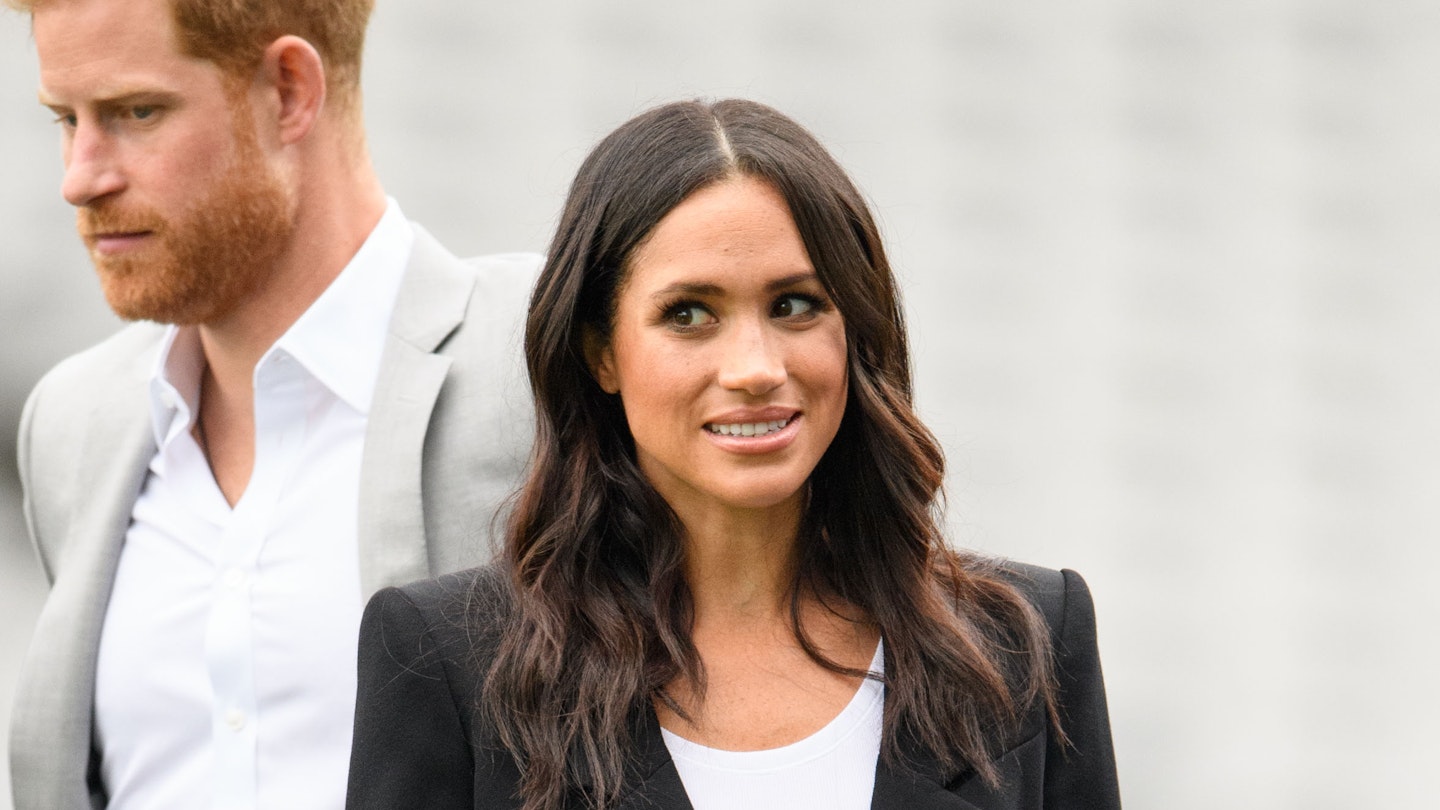While at a garden party in Dublin on Tuesday, the Duchess of Sussex, Meghan Markle, reportedly implied that she supported the recent results of Ireland’s abortion referendum. There are countless articles out there celebrating Markle breaking that tentacular of concepts, royal protocol. She’s been championed for baring her legs and wearing her hair in a messy bun, but unlike these sartorial mock-scandals her recent steamrolling of protocol leaves me feeling unnerved.
‘The Duchess and I had a chat about the recent referendum result — she watched with interest and was pleased to see the result’, Tweeted Catherine Noone, Fine Gael Senator, according to The Irish Times, before adding, ‘should say she seemed pleased — she was interested and very measured, not political at all’. The tweets have since been deleted.
Personally, I celebrate the fact that Markle believes women deserve the right to autonomy over their bodies. That she agrees with the 70 per cent of people who voted in Ireland to repeal the Eight Amendment, which constructed one of the strictest anti-choice regimes in the Western world, reminds me that we have a feminist in the royal family. But, technically, I wish she had refrained from expressing her opinion.
This isn’t a storm in a teacup, Markle’s vocality could have serious implications. Since 1649 when King Charles I was beheaded, the royal family has been wary of dipping into politics. Though no law dictates the monarchy must closet their persuasions, it would be worrying to have a member of the royal family with as much public sway and coverage as Markle hold an alternative opinion. Let's not forget that there have been times when Prince Charles has regularly announcing his stance (remember those black spider letters), and, the less said about his popularity the better.
For the sovereignty to survive it is reliant on arbitrary authority. ‘As Head of State The Queen has to remain strictly neutral with respect to political matters, unable to vote or stand for election, however, Her Majesty does have important ceremonial and formal roles in relation to the government of the UK’, explains Royal.uk. The Queen has a ceremonial constitutional role and the ear to the Prime Minister, but like the Firm-at-large, her political weight must remain non-partisan. Otherwise, the royal family opens itself up to rebellion and, let’s be honest, us Markle-watchers don’t want that!
At the heart of the royal wedding furore was a Paradox - the world celebrated the already-wealthy, titled (and entitled) elite, while more and more people subsist on food stamps and low wages. On a micro and macro level, this was problematic. We didn’t skimp on the fantasy and allowed money to pour into the UK because of it - GDP of the UK grew by 0.3 per cent in part because of the Duke and Duchess’ nuptials and in spite of a construction and production fallout and trade deficit. Yet, would the public have tolerated the royal fixation and Markle’s expensive post-wedding wardrobe (reported to already cost over £758,000) had they felt offended by their political persuasion? Would structural economic inequality that’s rife in Great Britain feel more pertinent if at the peak of power was a family that ruled with their own political interests at heart?
Since Prince William’s trip to Israel, the Queen wearing EU colours to parliament and the Duchess of Cambridge, Kate Middleton, subtly nodding to the #MeToo movement at the BAFTA Awards, it’s not unfeasible that we’re watching the gentle politicization of the royal family. Co-opting the news cycle’s fascination with their ensembles, is one thing, especially as we’re watching the royal family under the microscope of the ever-revolving amplification the news cycle but for Meghan Markle to continue winning public favour she would be wise to be careful commenting on contentious matters.
